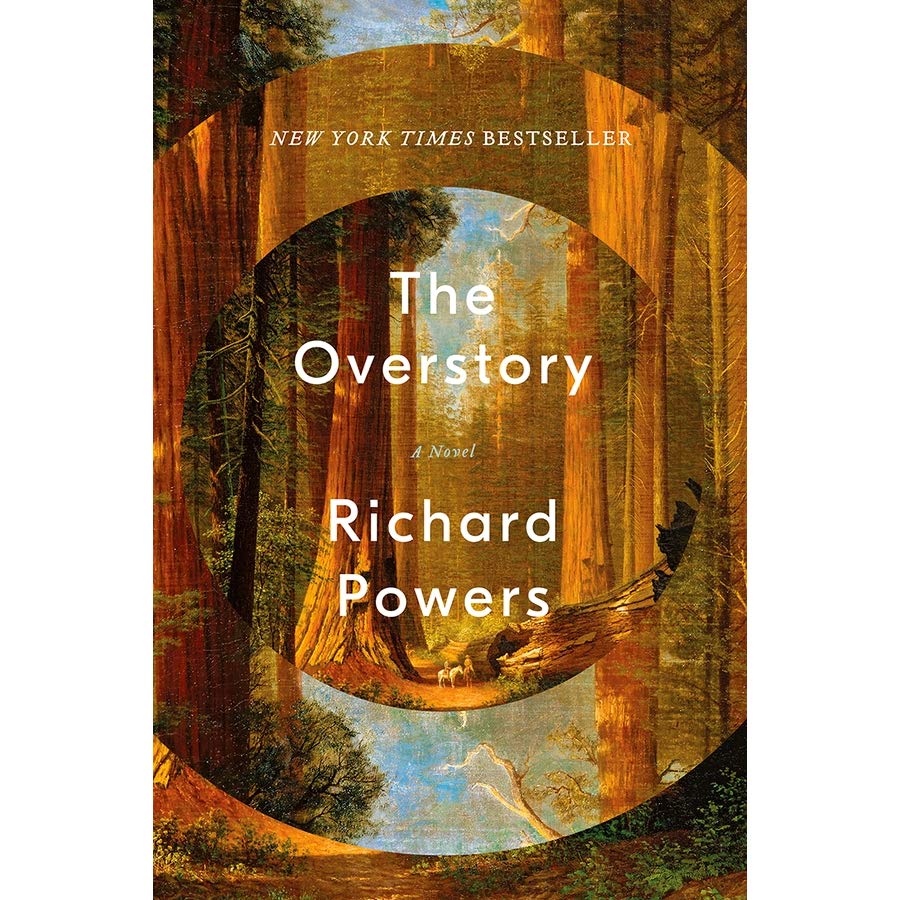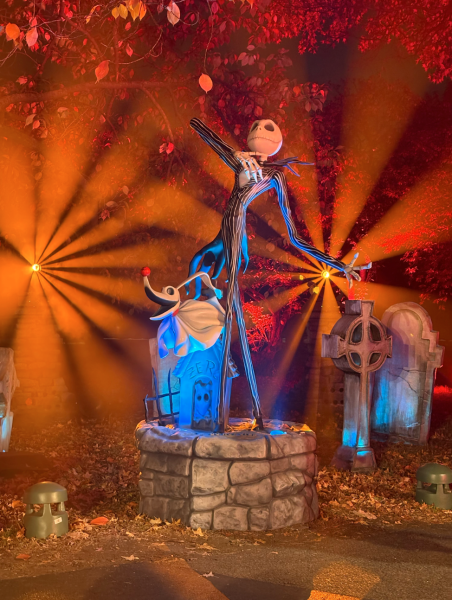Richard Powers’ “The Overstory” Captures the American Outdoors
While stuck inside, Richard Powers’ 2018 Pulitzer Prize-winning novel “The Overstory” is a beautiful and epic way of recapturing the great American outdoors through his pages of stunning prose. The novel is many things: a multigenerational story of immigration, a look into environmental activism in contemporary American culture and a thrilling tale of America’s interconnected population.
By following the lives of several lineages through their time in America, Powers constructs prose that mimics the rings of a tree, with each new character growing both with and around its predecessor to form a stronger base for the fruit it grows. The phenomenal connection between person and nature is rooted in Powers’ prose and produces remarkable imagery and story.
At the center of Powers’ novel is a simple tale of environmental activism. With each new character that is introduced — at times, a few too many characters — Powers challenges the conception of the American dream. His analysis of the American dream grapples with the land which these dreams rest upon and ultimately asks: How can generations come to achieve their dreams if you uproot their successes with personal selfishness?
In asking this question, Powers uses a variety of characters — and natural elements — to explore how the story of American conservation is intertwined with the lives of Americans. At times, although Powers works to incorporate diverse voices, his voice appears somewhat at odds with the reality of women in America, sometimes making a slight fetishization of female suffering.
Nevertheless, Powers acknowledges that similar to the struggle for equality among all minority groups in America, the environment is no less forgotten about. In this novel, Powers attempts to bring environmentalism a voice by amplifying the stories of the people who fight to preserve the environment.
This perspective is met with several challenges, one being the numerous characters with intricate backgrounds. At times, characters ebb and flow through the narrative, and with a novel as lengthy as “The Overstory,” it can be overwhelming to remember a particular character’s background.
However, that may be what makes “The Overstory” a perfect quarantine novel. It is immersive, thought-provoking and not a “walk-in-the-park,” but instead a journey into the unknown — yet somehow familiar — wilderness of modern America.
This familiarity is often what critics agree is what makes “The Overstory” such a masterpiece, because it captures America in prose that has a piece of the reader on every page. Whether it’s one family’s backyard tree that has grown for generations and serves as a time marker, or the struggles of a scientist to gain respect from a community which has discounted their work before they have even begun, “The Overstory” has so many interwoven narratives, it is sure to offer each reader a unique experience.
If you’re looking to buy a copy of “The Overstory” but would still like to support local businesses, several book stores, such as The Strand in New York, are offering online ordering. Please make sure to support the smaller book vendors during these hard times.








































































































































































































